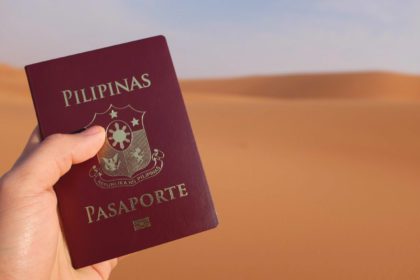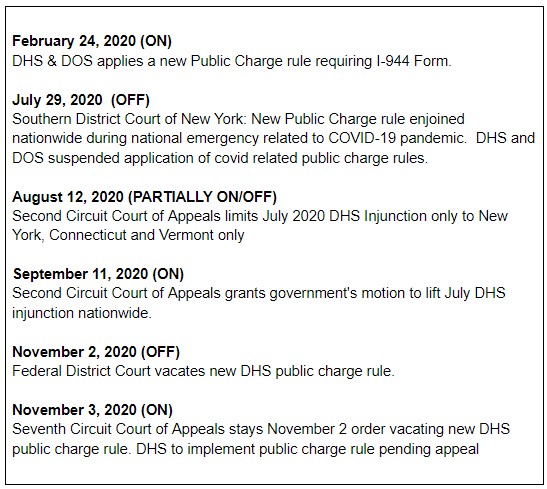On November 26, 2020, the Philippine Inter Agency Task Force (IATF) approved Resolution 85 granting former Filipino citizens the ability to travel to the Philippines beginning December 7, 2020.
The recent IATF resolution is a positive development to Balikbayans or former Filipino citizens including Naturalized U.S. Citizens who have not applied for Dual Citizenship or do not have Philippine passports. A significant number of former Filipino citizens had been subject to travel restrictions in prior resolutions wherein former Filipino citizens were not allowed to enter the Philippines without a Filipino visa or becoming dual citizens. With IATF Resolution 85, the following may now be allowed entry privileges to the Philippines:
- Filipino citizen’s foreign spouses and children, regardless of age, who are traveling with them;
- Former Filipino citizens, including their spouses and children, regardless of age, who are traveling with them.
The entry of the above individuals will be subject to the following conditions:
- They are allowed visa-free entry under Executive Order No. 408, s. 1960;
- With pre-booked quarantine facility
- With pre-booked COVID-19 testing at a laboratory operating at the airport; and
- Subject to the maximum capacity of inbound passengers at the port and date of entry.
In addition to the above conditions, it must be noted that the non-Filipino spouses and children must be traveling with the Filipino citizen or former Filipino citizens to be able to enter the Philippines. Not included in the resolution are non-Filipino parents, grandparents, grandchildren, common law spouses and other relatives of Filipino citizens or former Filipino citizens. This is without prejudice to Philippine Immigration laws or the exercise of prerogative by the Commissioner of Immigration who may grant waivers or recall of exclusions.
The guidelines to implement this resolution are not yet released as of this writing. Both the Bureau of Immigration and the Department of Tourism shall issue the necessary guidelines in accordance with the above resolution.
(Atty. Lourdes S. Tancinco is an immigrant advocate and legal counsel based in San Francisco CA. She is the principal and co-founder of Tancinco Law Offices and may be reached at law@tancinco.com, www.tancinco.com, facebook/tancincolaw, or at 1-888-930-0808)





